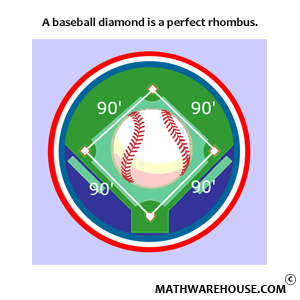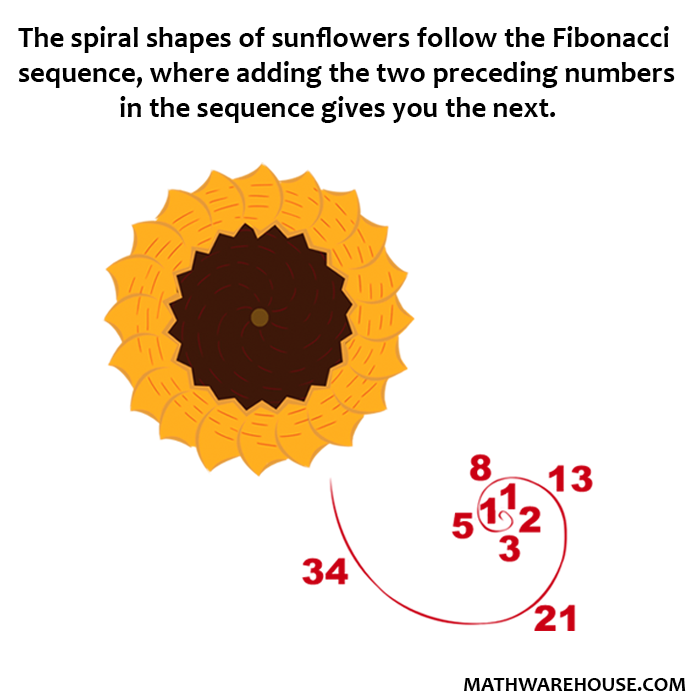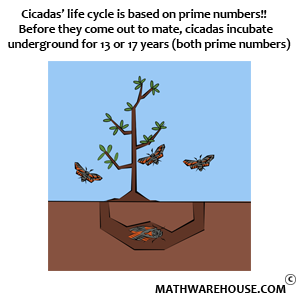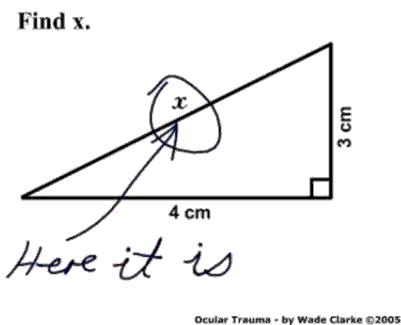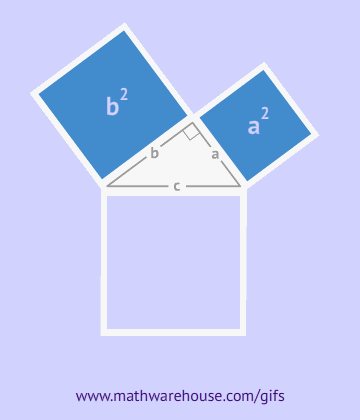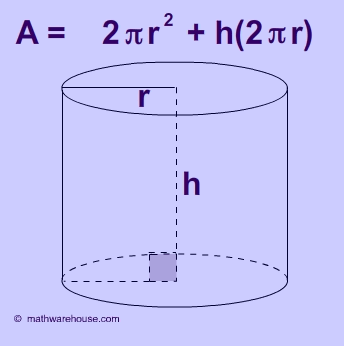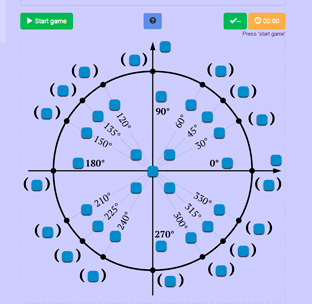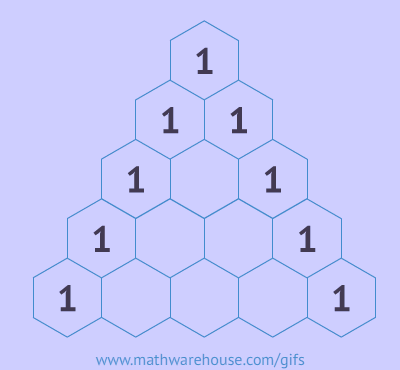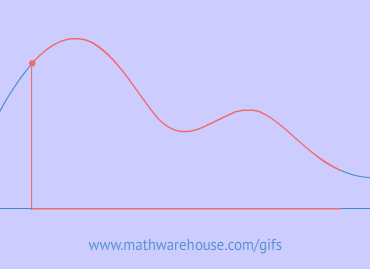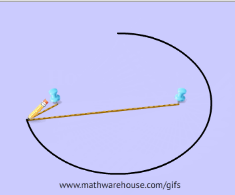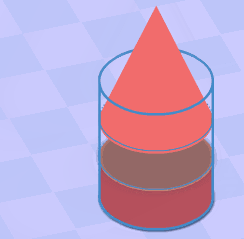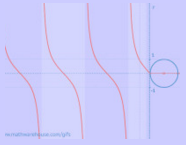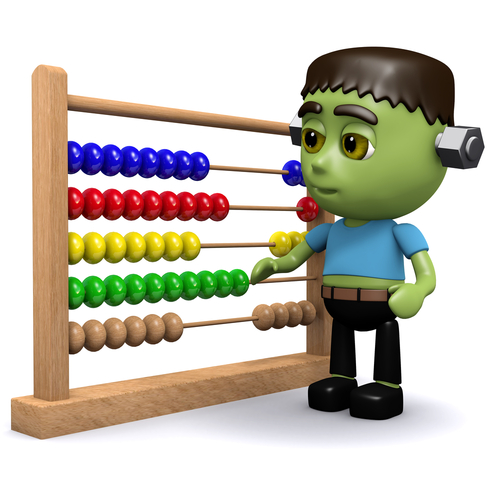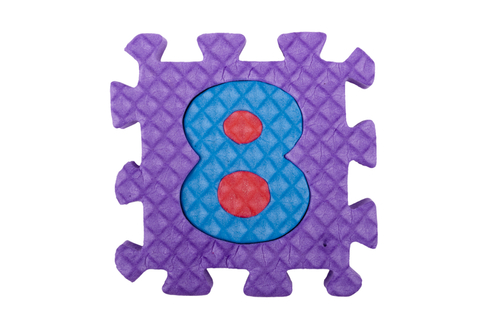Differentiate to find the first derivative.
$$ f'(x) = 32x^3 + \frac 2 3 x + 9 $$
Differentiate $$f'(x)$$ to find the second derivative.
$$ f''(x) = 96x^2 + \frac 2 3 $$
$$\displaystyle f''(x) = 96x^2 + \frac 2 3$$
Differentiate to find the first derivative.
$$ f'(x) = 10x^4 - 21x^2 + 18x $$
Differentiate again to find the second derivative.
$$ f''(x) = 40x^3 - 42x + 18 $$
Continue to differentiate until you have the fourth derivative.
$$ \begin{align*} f'''(x) & = 120x^2 - 42\\[6pt] f^{(4)}(x) & = 240x \end{align*} $$
Third derivative: $$\displaystyle f'''(x) = 120x^2 - 42$$; Fourth derivative: $$\displaystyle f^{(4)}(x) = 240x$$
Differentiate three times.
$$ \begin{align*} f'(x) & = 5\cos 5x\\[6pt] f''(x) & = -25\sin 5x\\[6pt] f'''(x) & = -125\cos 5x \end{align*} $$
Second derivative $$\displaystyle f''(x) = -25\sin 5x$$; Third derivative $$\displaystyle f'''(x) = -125\cos 5x$$
Differentiate to find the first derivative.
$$ f'(x) = 3\sec^2 3x $$
Rewrite the first derivative to emphasize the exponent.
$$ f'(x) = 3(\sec 3x)^2 $$
Differentiate using the chain rule.
$$ \begin{align*} f''(x) & = 3\cdot 2(\sec 3x)\cdot \frac d {dx}(\sec 3x)\\[6pt] & = 6\sec 3x\cdot 3\sec 3x\tan 3x\\[6pt] & = 18\sec^2 3x\tan 3x \end{align*} $$
$$f''(x) = 18\sec^2 3x \tan 3x$$
Differentiate using the chain rule.
$$ \begin{align*} f'(x) & = e^{-x^2}\cdot\frac d {dx}(-x^2)\\[6pt] & = e^{-x^2}\cdot (-2x)\\[6pt] & = -2xe^{-x^2} \end{align*} $$
Differentiate again using the product rule.
$$ \begin{align*} f'(x) & = \blue{-2x}\,\red{e^{-x^2}}\\[6pt] f''(x) & = \blue{-2}\,e^{-x^2} +(-2x)\,\red{e^{-x^2}(-2x)} \end{align*} $$
Simplify.
$$ \begin{align*} f''(x) & = -2e^{-x^2} + 4x^2e^{-x^2}\\[6pt] & = e^{-x^2}(4x^2 -2) \end{align*} $$
$$ f''(x) = e^{-x^2}(4x^2 -2) $$
Differentiate using the product rule.
$$ \begin{align*} f(x) & = \blue{8x}\,\red{e^{-3x}}\\[6pt] f'(x) & = \blue 8\,e^{-3x} + 8x\,\red{e^{-3x}(-3)}\\[6pt] & = 8e^{-3x} - 24xe^{-3x} \end{align*} $$
Factor the first derivative.
$$ \begin{align*} f'(x) & = 8e^{-3x} - 24xe^{-3x}\\[6pt] & = 8e^{-3x}(1 - 24x) \end{align*} $$
Differentiate again using the product rule.
$$ \begin{align*} f'(x) & = \blue{8e^{-3x}}\,\red{(1 - 24x)}\\[6pt] f''(x) & = \blue{8e^{-3x}(-3)}(1-24x) + 8e^{-3x}\,\red{(-24)}\\[6pt] & = -24e^{-3x}(1-24x) - 192e^{-3x} \end{align*} $$
Simplify by factoring.
$$ \begin{align*} f''(x) & = -24e^{-3x}(1 - 24x + 8)\\[6pt] & = -24e^{-3x}(9 - 24x)\\[6pt] & = -72e^{-3x}(3 - 8x) \end{align*} $$
$$ \displaystyle f''(x) = -72e^{-3x}(3 - 8x) $$
Differentiate using the formula for derivatives of logarithms. Don't forget the chain rule.
$$ \begin{align*} f'(x) & = \frac 1 {9x+2}\cdot \frac d {dx}(9x+2)\\[6pt] & = \frac 1 {9x+2}\cdot 9\\[6pt] & = \frac 9 {9x+2} \end{align*} $$
Rewrite the derivative in exponent form.
$$ f'(x) = 9(9x+2)^{-1} $$
Differentiate again using the chain rule.
$$ \begin{align*} f''(x) & = -9(9x+2)^{-2}\cdot \frac d {dx} (9x+2)\\[6pt] & = -9(9x+2)^{-2}\cdot 9\\[6pt] & = -\frac{81}{(9x+2)^2} \end{align*} $$
$$\displaystyle f''(x) = -\frac{81}{(9x+2)^2}$$
Differentiate.
$$ \begin{align*}% f'(x) & = \frac 1 {1 + (7x)^2} \cdot \frac d {dx}(7x)\\[6pt] & = \frac 7 {1 + 49x^2} \end{align*} $$
Rewrite the derivative in exponent form.
$$ f'(x) = 7(1+49x^2)^{-1} $$
Differentiate using the chain rule.
$$ \begin{align*} f''(x) & = -7(1+49x^2)^{-2}\cdot \frac d {dx}(1 + 49x^2)\\[6pt] & = -\frac 7 {(1+49x^2)^2}\cdot (98x)\\[6pt] & = - \frac{686}{(1+49x^2)^2} \end{align*} $$
$$\displaystyle f''(x) = - \frac{686}{(1+49x^2)^2}$$
Differentiate.
$$ \begin{align*} f'(x) & = \frac 1 {\sqrt{1 - (2x)^2}}\cdot\frac d {dx} (2x)\\[6pt] & = \frac 2 {\sqrt{1 - 4x^2}} \end{align*} $$
Rewrite the derivative using exponent notation.
$$ f'(x) = 2(1-4x^2)^{-1/2} $$
Differentiate using the chain rule.
$$ \begin{align*} f''(x) & = 2 \left(-\frac 1 2\right)(1-4x^2)^{-3/2}\cdot \frac d {dx}(1 - 4x^2)\\[6pt] & = -1\cdot(1-4x^2)^{-3/2}\cdot ( - 8x)\\[6pt] & = \frac{8x}{(1-4x^2)^{3/2}} \end{align*} $$
$$\displaystyle f''(x) = \frac{8x}{(1-4x^2)^{3/2}}$$

